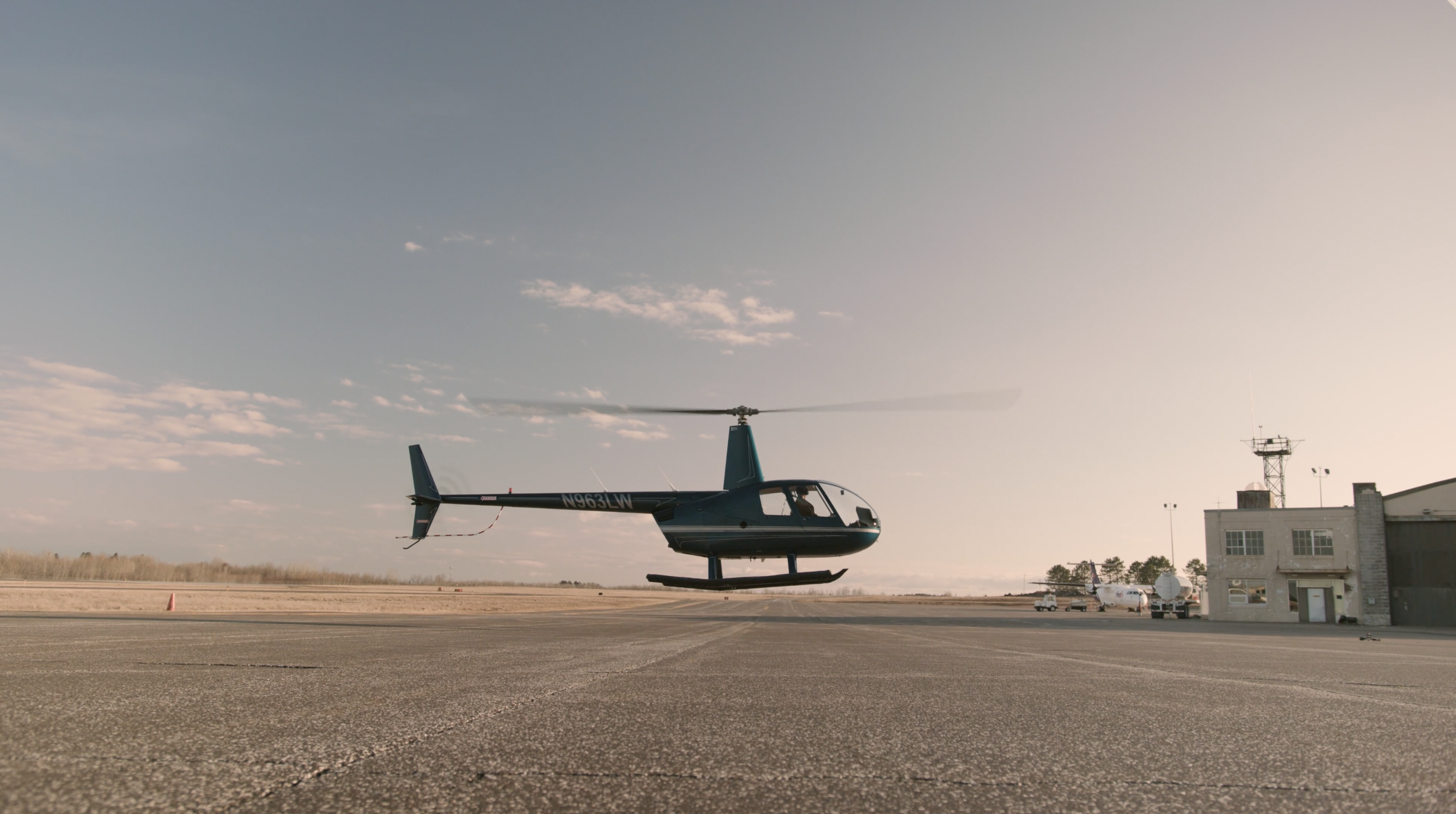Advanced Helicopter Pilot Ratings
Introduction
Becoming a skilled helicopter pilot goes beyond obtaining a basic license. Advanced helicopter pilot ratings open doors to new opportunities, enhance proficiency, and increase employability. In this post, we'll explore the additional certifications that elevate a pilot's skills and pave the way for a rewarding career in aviation.
Unlocking the Instrument Rating
The instrument rating is a crucial step in advancing a helicopter pilot's capabilities. It allows pilots to fly in a wider range of weather conditions and enhances safety by teaching them to navigate solely by reference to instruments. With an instrument rating, pilots gain the confidence to fly in low visibility conditions, including clouds and fog.
To obtain an instrument rating, pilots must undergo specialized training that includes instrument flying techniques, navigation, and procedures for handling emergencies. This rating not only enhances a pilot's skills but also demonstrates their commitment to safety and professionalism.
Students earn this rating in their second semester within our program after they have successfully obtained their Private Pilot License.
Exploring Turbine Transition Training
Transitioning from piston-engine helicopters to turbine-powered aircraft requires specialized training. Turbine transition training familiarizes pilots with the unique characteristics and operating procedures of turbine engines, including differences in performance, handling, and maintenance.
Turbine transition training provides pilots with the knowledge and skills necessary to safely operate turbine-powered helicopters. It covers topics such as engine systems, power management, and handling characteristics specific to turbine aircraft. This training is essential for pilots seeking to expand their career opportunities in fields such as air ambulance, offshore operations, and executive transport.
Our students get their Turbine Transition Rating in our Bell-206 helicopter, after graduation students may be offered to stay on our in-house pilot team where they will be able to complete commercial missions with our Bell-206 Aircraft and build their Turbine flight hours to speed up their career development.
External Load Operations: A Specialized Skill
External load operations, also known as long-line or vertical reference flying, are a specialized skill that opens up opportunities in industries such as construction, firefighting, and aerial work. Pilots trained in external load operations are proficient in flying with suspended loads such as firefighting buckets, construction materials, or equipment.
External load training focuses on precision flying, load management, and coordination with ground personnel. Pilots learn to maneuver the helicopter with precision and maintain control while carrying external loads. This skillset is highly valued in industries where precision and safety are paramount.
We complete this training at Lake Superior Helicopters in our fleet of R44 helicopters with their higher max weight limit when compared to their smaller R22 standard flight training aircraft.
Becoming a Certified Flight Instructor
Becoming a certified flight instructor (CFI) is not only a milestone in a pilot's career but also a valuable opportunity to share knowledge and experience with aspiring aviators. CFIs play a critical role in training the next generation of helicopter pilots, imparting both technical skills and a culture of safety and professionalism.
CFI training goes beyond flying proficiency to include instructional techniques, communication skills, and regulatory knowledge. By becoming a CFI, pilots deepen their understanding of flight principles and gain valuable experience in teaching and mentoring others.
Advantages of Certified Flight Instructor: Instrument
Earning an additional certification as a certified flight instructor with an instrument rating (CFII) enhances a pilot's credentials and opens up new career avenues. CFII-rated instructors are qualified to provide instrument flight training to aspiring pilots, helping them develop the skills needed to fly safely in instrument meteorological conditions.
In addition to expanding career opportunities, CFII-rated instructors gain a deeper understanding of instrument flight principles and refine their own instrument flying skills. By sharing their expertise with students, CFII-rated instructors contribute to the development of safe and proficient aviators.
Conclusion
Advanced helicopter pilot ratings are essential for pilots seeking to excel in their careers and expand their opportunities in the aviation industry. From instrument proficiency to external load operations, each certification represents a milestone in a pilot's journey toward mastery of the skies. By investing in advanced training and certifications, pilots can enhance their skills, increase their employability, and contribute to the safety and professionalism of the aviation community.



